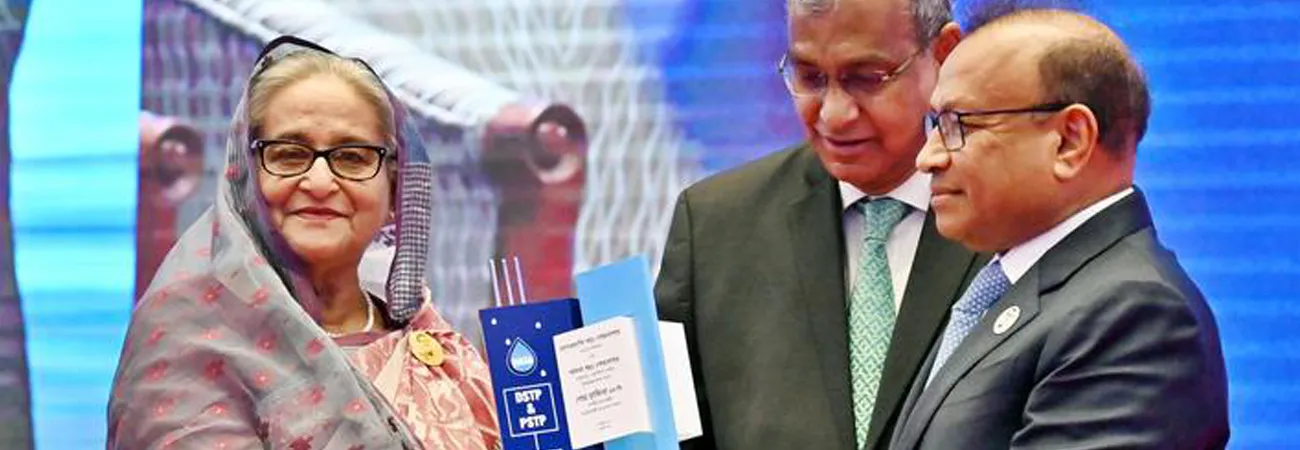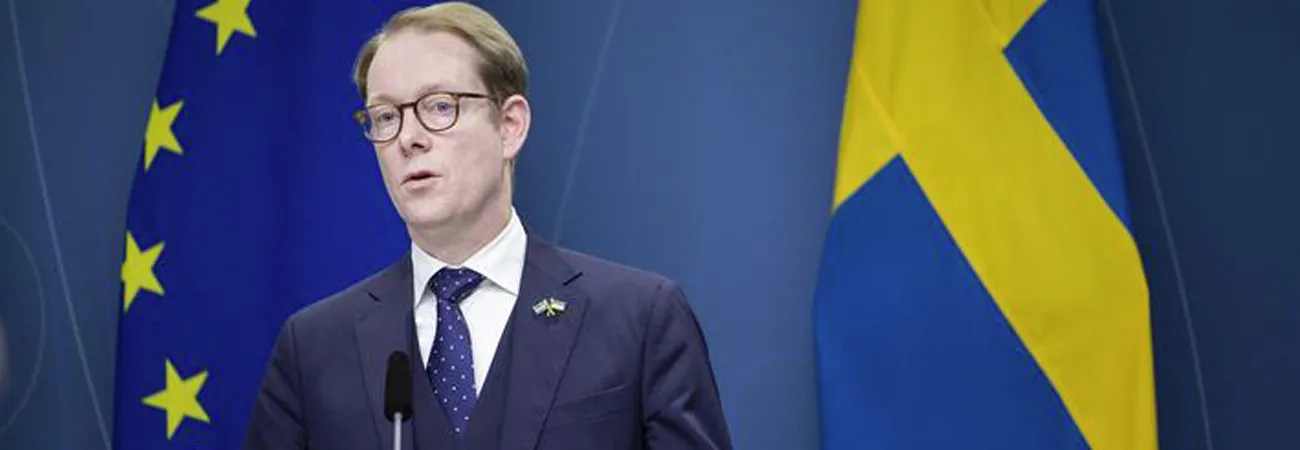XINHUA-PAKISTAN SERVICE
BEIJING, Dec. 3 (INP): Chinese government welcomes business entrepreneurs from other countries to join China-Pakistan Economic Corridor (CPEC) under its opening-up policy, said Long Xingchun, a senior fellow of Nanyang Technological University.
Both China and Pakistan have made clear that they welcome countries like the Saudi Arabia, US, the UK and Australia to invest in the Gwadar industrial zone," he said.
The CPEC, a flagship project under the China-proposed Belt and Road initiative, was agreed between the two "iron brothers" in 2013. The $60 billion corridor is a network of roads, pipelines, power plants, industrial parks and a port on the Arabian Sea.
According to Long, five years since its launch, the project has generated 75,000 jobs for Pakistanis, and the figure is expected to multiply 10 times in the next 15 years, largely in infrastructure, energy and transportation sectors. More importantly, it is improving Pakistan's investment environment, according to experts.
For China, the CPEC is an important channel through which Beijing promotes its idea of connectivity and cooperation with the rest of the world and extends its footprint. For Pakistan, the CPEC helps improve its basic infrastructure and eventually boost its economy.
Nonetheless, the CPEC has triggered a great deal of controversy since its beginning. Such oft-repeated criticisms say that China aims to achieve global domination without caring for Pakistan's development and that Beijing has inflicted a debt burden on Pakistan.
"The CPEC has already generated dividends, with Pakistan's economy developing and people's lives improving. The West simply cast doubt on the project without providing any real assistance to Pakistan's economy. As China helps Pakistan with poverty alleviation and wiping out terrorism, it is also creating a condition favorable for the US anti-terror efforts there," Long added.
Farooq Yousaf, a Pakistani political analyst and now a PhD (politics) student in Australia, believes that the West and specifically the US, is misusing Pakistan to settle scores with China through the CPEC.
In early November, newly-elected Pakistani Prime Minister Imran Khan embarked on his first visit to China, widely seen as the leader's support for the implementation of the CPEC that had slowed down over the past few months owing to political transition in Pakistan.
Khan has criticized former prime minister Nawaz Sharif for lack of transparency and corruption in CPEC projects and said he would review them. Yousaf said that the twists and turns can be mainly attributed to the inexperience of the PTI government, which led to ignorance about the management of major projects such as the CPEC.
China has stepped ahead to address Pakistan's concerns. Beijing has offered Islamabad the option to start trading in yuan to rein in the country's rising trade deficit. Zoon Ahmed Khan, a visiting research fellow at the Institute of Belt and Road Initiative, Tsinghua University, told journalists that China's willingness to welcome the change that Pakistan's PTI-led government is seeking shows China's broader Belt and Road mindset.
INP/J/AJ





